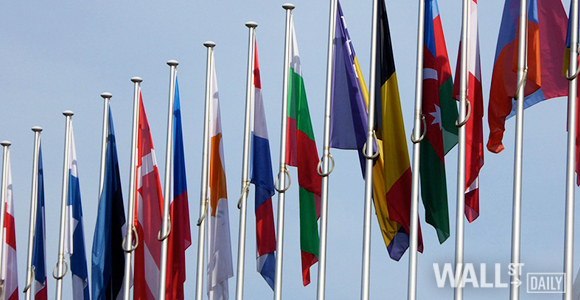
The political status quo just took another hit.
In the latest bout of nationalism to sweep across Europe, Marine Le Pen’s Front Nationale party scored unexpectedly strong gains in the recent French regional elections.
In the first round of voting, it won six of the 12 regions, scoring 28% of the vote, topping the two main Republican and Socialist parties.
While it failed to build on those gains in last weekend’s second round (it couldn’t hold its lead in any of the regions, finishing second in four of them), the party won 6.8 million votes and has tripled its number of regional councilors. It will now have a presence in every region.
It’s a trend that has far-reaching implications…
Economic and Cultural Concerns
Naturally, globalists and the EU bureaucracy hate these nationalist parties.
For the economically minded, the nationalists raise new barriers or re-erect old ones, restricting the free movement of goods, services, and people.
For those concerned about race and religious relations, the nationalists represent an evil reassertion of old ethnic and religious antagonisms best consigned to the dustbin of history.
And yet, despite these concerns, I’m not so sure I agree.
While there’s little argument against the free movement of goods, the free movement of people is a different question. It depresses the wages of poor people in rich countries, raises the cost of assimilation, creates additional welfare burdens, generates crime and even leads to terrorism.
As for ancient antagonisms, if those even still exist, they should be accommodated peacefully, rather than suppressing local differences and homogenizing cultures in a mishmash.
Economically speaking, European nationalists have a lot in common. They’re generally protectionist, believing that free trade has hollowed out the job market for the inhabitants of rich countries with limited skills and education.












Leave A Comment